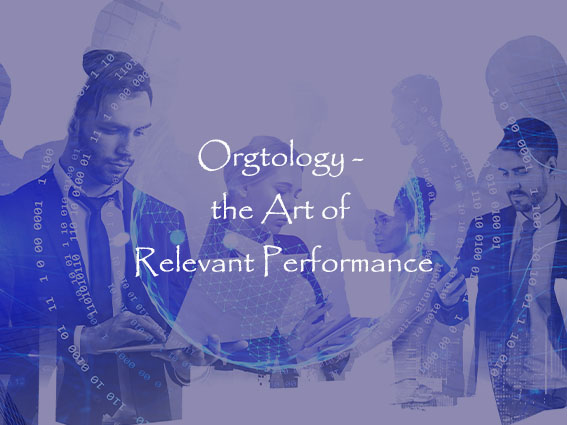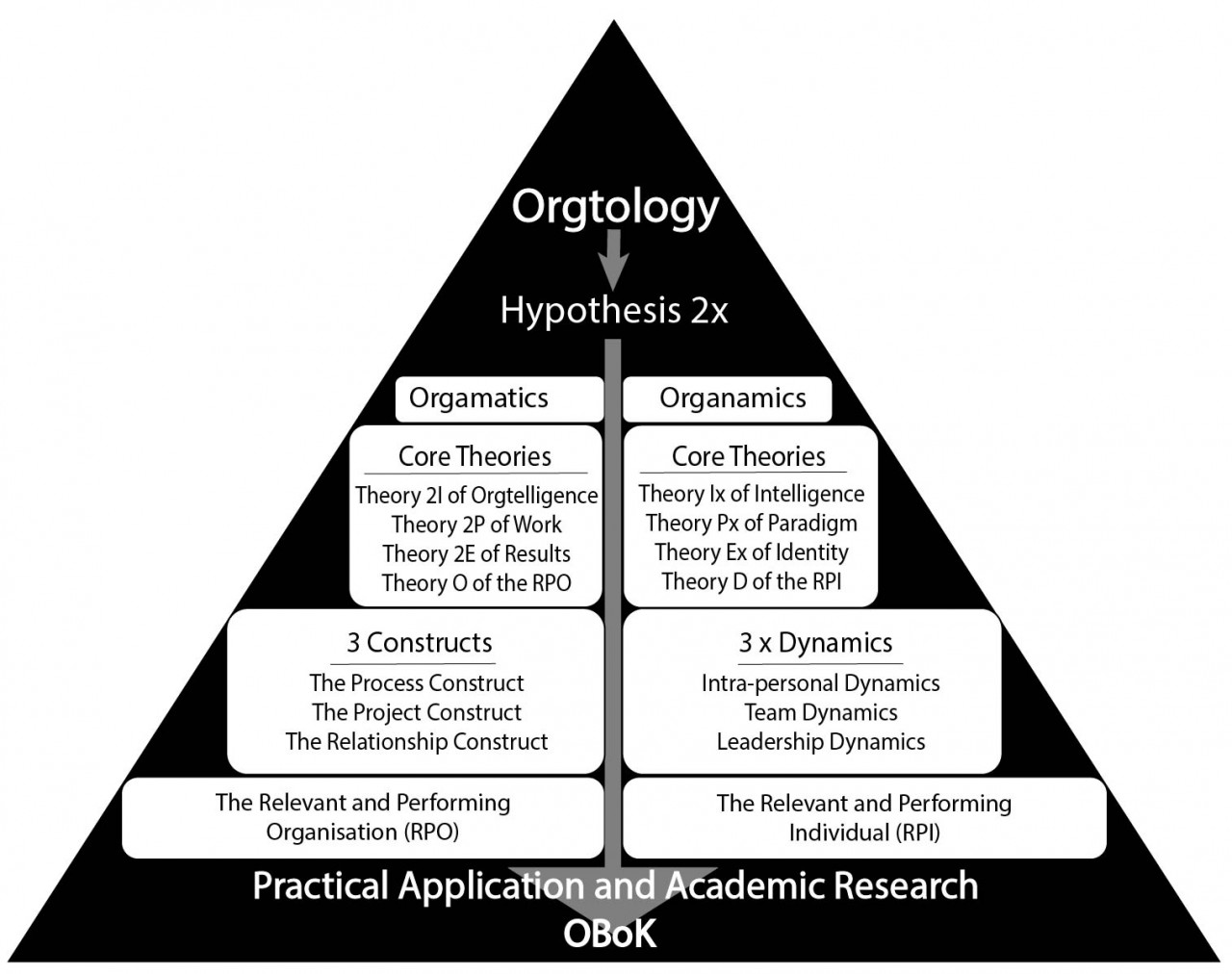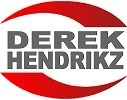OBoK stands for Orgtology Body of Knowledge. The OBoK has the task to organise and keep all knowledge in the field of orgtology. It holds all the theories, models, and methods that an Orgtologist will use. In so, we base the practice of orgtology entirely on the OBoK.
The study of orgtology has one core hypothesis, which in turn joins eight core theories. We group these theories under two arms, which are orgamatics and organamics. Each arm holds four theories. I explain the theories in separate write-ups.
Creating the Orgtology Body of Knowledge (OBoK)
The model below shows how we go about to create and hold our OBoK. It begins in Hypothesis 2x, then splits into its two arms - orgamatics and organamics. Orgamatics deals with the duality of Org, and organamics deals with its X-Factor. I explain these in other write-ups.
Through the orgamatics theories, we enable the three primary constructs of Org. In so, through the organamics theories, we stimulate the three key dynamics within Org. Respectively, these theories with their constructs and dynamics create the relevance and performance of Org.
The aim of the OBoK is to ease practical application and academic research. Jointly, this facilitates the performance and relevance of orgtology.
The OBoK Resource Centers
The OBoK Resource Centers
We cluster the OBoK into resource centers. Each resource center is a media library that contains essays, video clips, etc. The first resource center pertains to the Orgtology Institute and its policies. The other resource centers represent the four modules of the Orgtologist Certification program.
Orgtologists will draw from these centers to do their work. This includes consulting, training, research, and general practice.
The OBoK resource centers are:
- Governance.
- Orgtology theory.
- Organisational design.
- Strategy development.
- Leadership and management development.
(1) Governance - Resource Center
Under governance we cluster aspects that relate to the International Orgtology Institute (IOI). This includes policies, procedures, issues of constitution, and general construct of the IOI.
The aim of governance is to enable the practice of orgtology. It is key that researchers take this into account in their study of orgtology.
(2) Orgtology Theory - Resource Center
The basis of orgtology theory is Hypothesis 2x. It gives the basic assumption on which we base our applications. The eight orgtology theories are all explanations of this core hypothesis.
There are four orgamatics- and four organamics- theories. The orgamatics theories explain the duality of hypothesis 2x, whilst the organamics theories explain the X-Factor.
This resource center holds media that relates to Hypothesis 2x and the core theories of orgtology.
(3) Organisational Design - Resource Center
Early in orgtology training we teach that performance is about how we run the organisation whilst relevance is about how we change the organisation. Organisational design deals with running the organisation.
In this resource center we explore efficiency, processes, projects, relationships, systems, etc. This resource center holds media that relate to these items.
(4) Strategy Development - Resource Center
In this resource center we work with changing the organisation. Strategy is the part of Org where we create effect. Its about changing, creating, and ending processes. It redirects the resources of Org so that we can ensure that our efficient operations also drives relevant effect.
In this resource center we have media that relates to organisational change and transformation.
(5) Leadership & Management Development - Resource Center
Leadership and management is where we create the consciousness of Org. It is people who must translate the purpose and intent of Org to other people. It is about how we relate to our employees, processes, stakeholders, environment, etc.
In orgtology leaders secure relevance and managers ensure performance. This resource center holds media that relates to these items.
Conclusion
The OBoK is an ongoing project. We never aim to complete it because we always strive to learn.
To become an Orgtologist, one must prove an understanding of the OBoK. To become an Expert Orgtologist, one must improve the OBoK.


